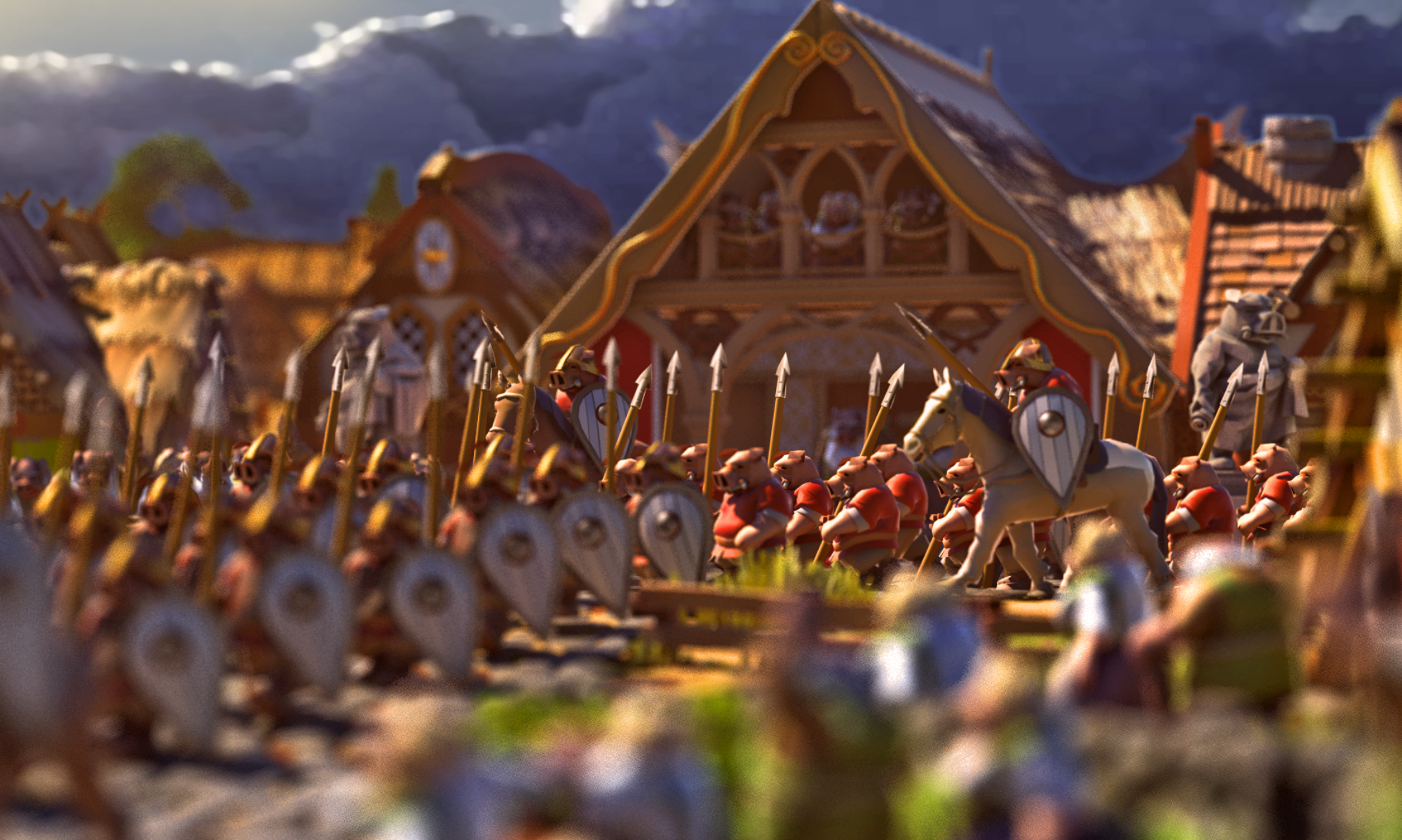This quick update fixes critical gamedesign flaws in the economic simulator post-currency.
Price arbitrage
A new price factor has been added : price arbitrage. It represents the natural arbitrage that would happen between the prices of cities that are near to one another when there are big local price discrepancies between them.
Price arbitrage calculates a “world area price” for each resource of the city, by looking at the price of that same resource in all nearby territories the city has trading relations with, weighted by proximity with the city.
That includes other cities of the player, but also all foreign cities they have trading rights or rights of passage with.
Based on the difference between that world price and the current local price, it determines the price arbitrage modificator that is applied to get the final effective price of the resource.
The goal of this feature is to harmonize prices in a region, and to fix the game-design flaw that allowed players to easily manipulate prices by having a territory produce a cheap resource in great amounts, to then sell it in limited amounts in the next town where it would reach luxurious prices and make game-breaking profits that made everything else irrelevant.
With price arbitrage, price differences are now much lower and this easy strategy is no longer possible, improving the game balance.
Trade routes versus manual transfers
Another flaw was the advantages of manually transferring resources between cities via units instead of using trade routes. This resulted in advantaging repetitive tedious actions.
The cause of this was the fact waste would be applied twice in trade routes ( from the exporting city, and another time in the importing city ), while you’d only pay it once when transferring manually ( buying with no waste in the exporting city, and paying waste on state sales profits in the importing one ).
To resolve this, waste is now collected only on trade profits rather than trade raw incomes, which fixes the double waste problem for trade routes.
Additionally, buying up resources by loading them up into units is now subject to a waste penalty, meaning that manual transfer is now the one exposed to double waste.
This makes trade routes now much more profitable than manual transfers for regular exchanges of resources.
The price arbitrage update
v0.0.28.x
– lowered authority loss from militias by 50%
– lowered max effect of leader wealth on leader superiority. –> superiority from wealth now maxed at 100 at +∞, with a 1/x shaped curve.
– fixed bug with demand in the price variable of supply/demand
– increased cultural decay speed from low influence
– increased armor of wolf warriors (+2) and manbearpigs (+3)
– fixed bug of technologies costing double what was advertised
– added waste cost when buying resources to load into formations
– added new price arbitrage variable in resource prices based on a world area price, which is a price average calculated from all nearby territories.
– waste now only applies to importations and exportations profits, rather than gross incomes.
– fixed visual issues when selecting neutral nations in the world map.
– fixed resistance not decreasing after uprisings
– disabled sleeping building upkeep for buildings with no workers (ex ground storages)
– fixed an issue with sows, piglets, and olpigs access to services (ex doctors)
– price profit margin now considers the fact that the resource is distributed by merchants and is increased to +2 in that case.
– fixed memory leak in battles, on the server
– fixed tax incomes not being collected in some cases

